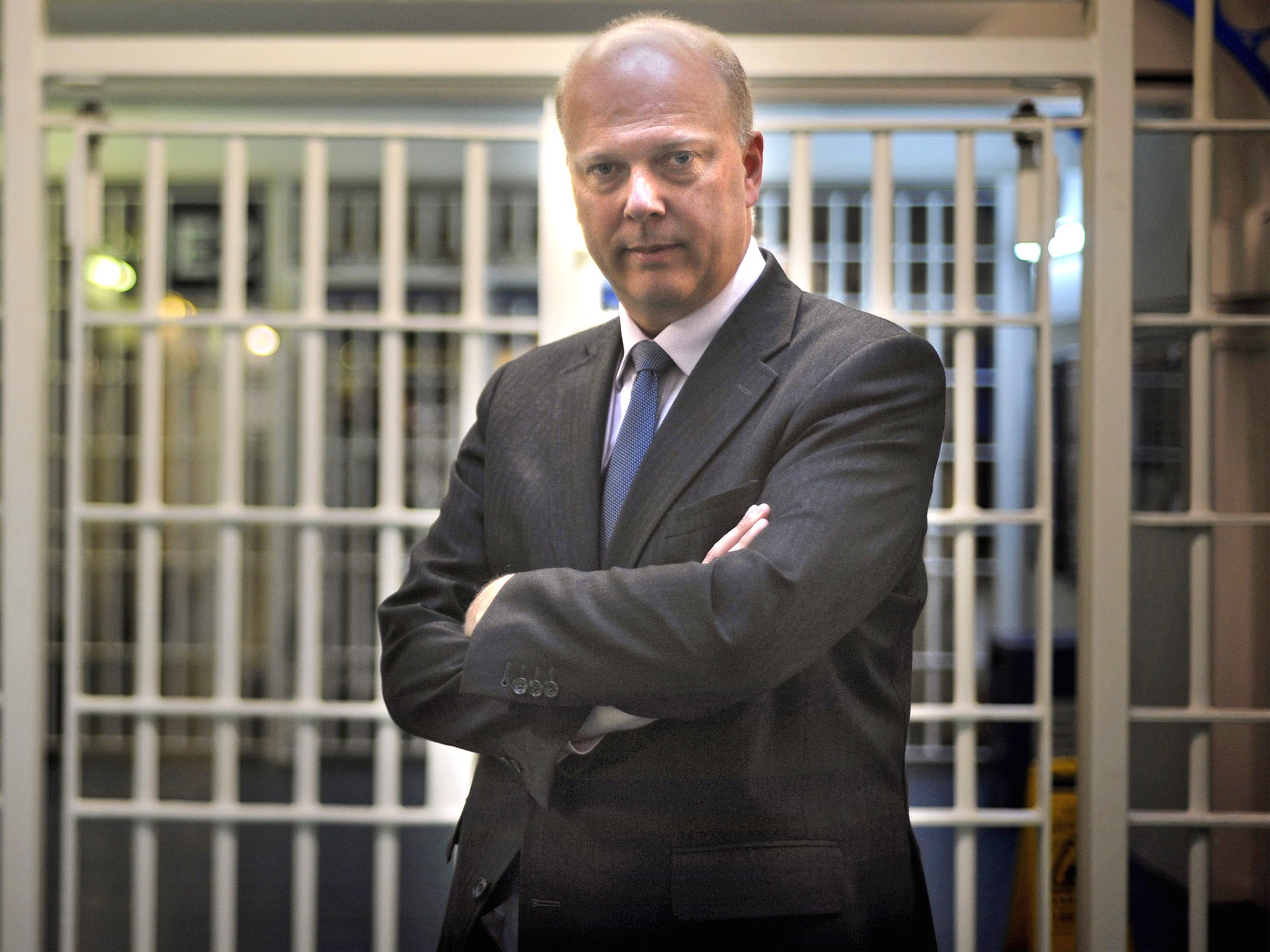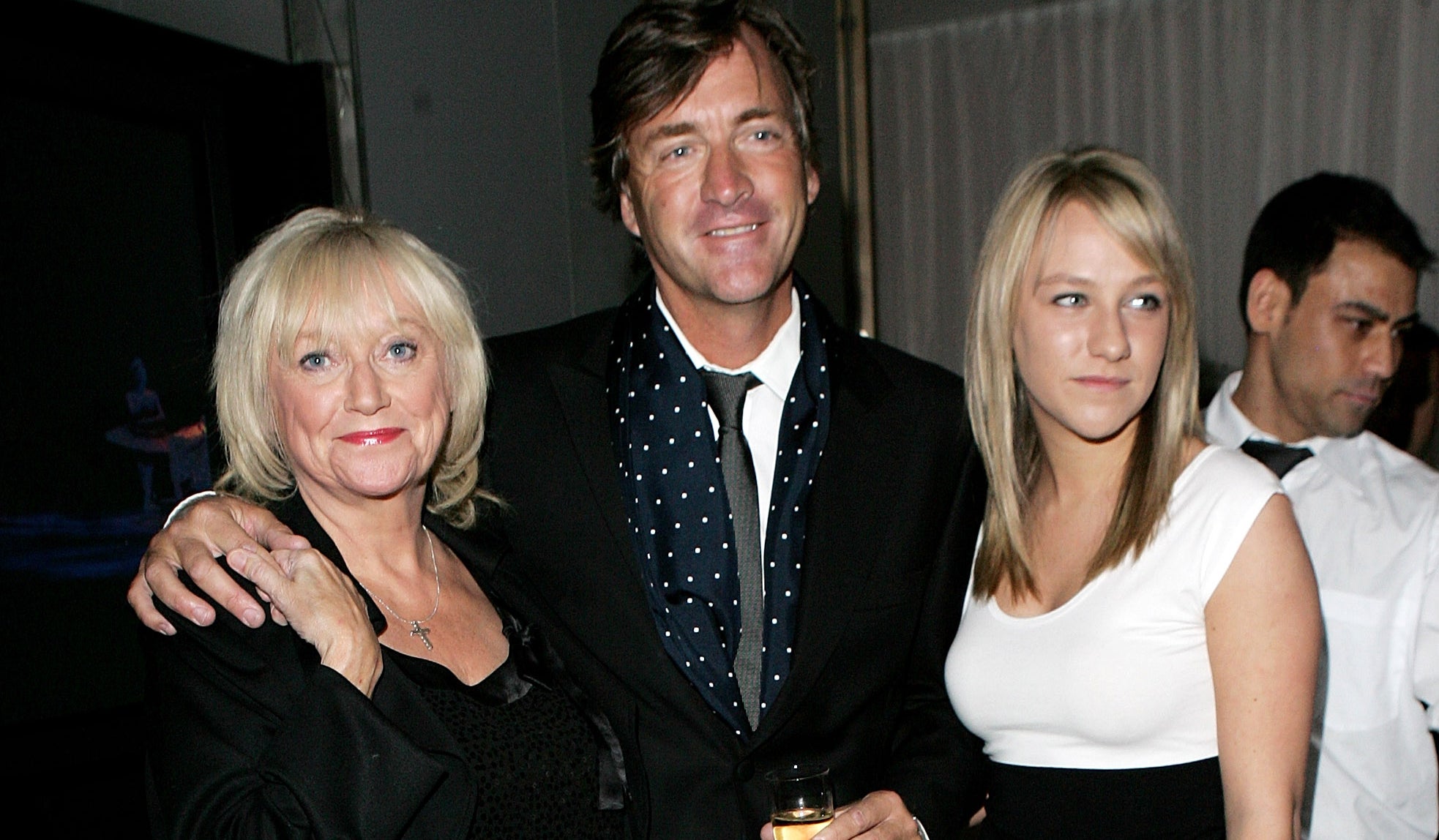Once we’ve decided what a 'troll' is, then we can work out if they need jailing
Does Chris Grayling realise what a vague concept he is dealing with?


Internet trolls could face up to two years in jail under new laws, says Justice Secretary Chris Grayling. This would quadruple the current maximum sentence. The word “troll”, referring to internet wrongdoing, is his not mine. I am starkly aware - as quite possibly Grayling is not - of the hazy, ever-mutating, inflammatory definition of the term “troll”.
Take an example like Sky News’s recent investigation into Brenda Leyland and her anti-McCann family tweets; Leyland was classed by many branches of the media as a “troll”. But while she might have sent thousands of unpleasant tweets, the McCanns don’t have a Twitter account so could she really be abusing them? Also, Leyland believed in her “cause” so it could be argued she was only telling her “truth” to power, which in the United Kingdom was her right.
Last week Chloe Madeley’s mother Judy Finnigan made some off-the-cuff remarks about footballer and convicted rapist Ched Evans which resulted in “trolls” sending rape threats to Chloe. Here, the “trolls” might not have been remotely serious but they have typed with an intent to upset, which some will argue deserves eight weeks in jail.
Others would say that the message-writers are more than likely children, or people with unaddressed mental health problems to whom no good can come from being publicly branded a “troll”. These are micro-examples of what police and courts will face daily in an anti-troll war.
I know little of Chris Grayling’s grasp of - or passion for - semantics, although his legacy so far is reducing prisoner’s access to books. To my mind, it’s a curious eye which overlooks a prison system steeped in drug abuse, thwarted rehabilitation and suicide, and then thinks, “That’s it. We need to give prisoners less chance to work on literacy and vocabulary”.
Therefore Grayling’s pronouncement on “trolling” - rather raffishly suggesting that he has nailed a definition of then term, when a thousand internet experts couldn’t - seems peculiar. Forgive me for feeling we don’t have another Dr. Johnson in our midst, but I find this rather unlikely.
For many people “trolling” is simply mischief-making. Say, entering the Liverpool FC supporters forum pretending to be an Everton FC fan, or feigning ignorance on club history to get a delicious rise out of the resident pedant. Trolling: ambling into conversations with the distinct aim of causing havoc.
In this case Grayling would be propelling people into the court process for being bored, drunk or simply consummate dickheads. If it’s a crime nowadays to pretend to more stupid that one actually is for personal gain most of the BBC1 light entertainment roster should be in Strangeways.
The troll definition, to my mind, became truly clouded in the years post-Twitter when celebrities joined the social media network granting one-on-one contact to quite literally anyone worldwide with internet access. “I am being trolled!” famous people will declare, referring to an infinite array of electronic frissons from outright violent threats sent to their official account, to fair-minded, calm critiques of their ability, including mildly bitchy conversations they’d found by searching their own name, or anonymous “egg” avatars telling them they had a fat bum.

Over the past five years - as we have all become increasingly computer-bound and fresh air-deprived - the word troll has gained such momentum that any sort of online scrape warrants the T Bomb. This could be one Tweeter threatening to cut off another tweeter's tits and deposit them in a wheelybin, or a disagreement over the Scottish referendum, or Sheila littering Facebook with comments about Wendy’s school-run attire. “It’s not a fashion show, y’know. And her legs look like corned beef,” typed the troll, before beginning an eight-week stretch.
So with this in mind, here we have Grayling, a minister with little apparent respect for the power or restorative value of the written word, announcing a new law focusing on the right to write publicly, employing a term that no two intelligent internet experts can agree on. I can’t help viewing this with the same trepidation I would leaving my labrador in charge of a small party buffet: lots will get hoovered up quickly, there will be a terrific mess and we’ll be trying to get stains out of the curtains for years.
Grayling’s law relies on judges and juries looking at “trolling” cases and working out what is serious. But after years glued to my computer, observing Gamergate, the Caroline Criado-Perez onslaught, obituary site flamers and willy-nilly death threats, my view of “serious” is pretty inured. Another jury member might look at the tweets of the drunk X-Factor viewer, or a mentally ill conspiracy theorist, or a jealous dumped ex-girlfriend, and send them immediately to jail.
Ironically what most “trolls” needed is more fresh air, not less of it. But rest easy: at least Grayling has one thing under control. When they reach jail, no one will be sending them any books.
Join our commenting forum
Join thought-provoking conversations, follow other Independent readers and see their replies
Comments
Bookmark popover
Removed from bookmarks